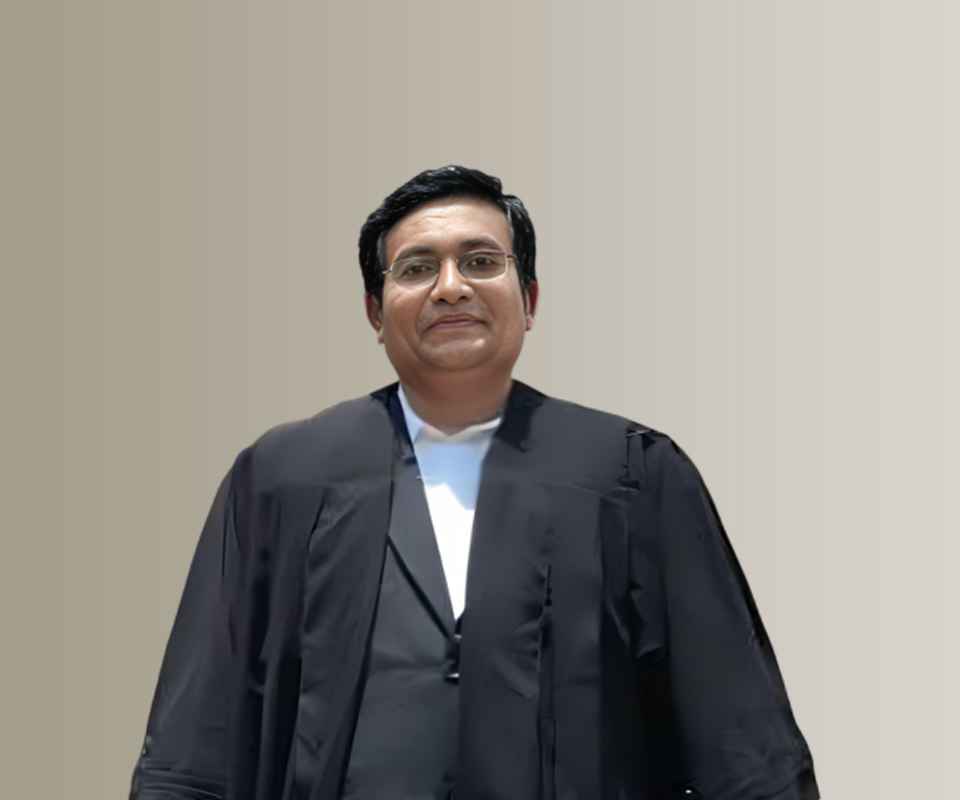Answer By law4u team
Bharatiya Nyaya Sanhita, 2023 - Section 227: Giving False Evidence
Whoever, being legally bound by an oath or by an express provision of law to state the truth, or being bound by law to make a declaration upon any subject, makes any statement which is false, and which he either knows or believes to be false or does not believe to be true, is said to give false evidence.
Explanation 1: A statement is within the meaning of this section, whether it is made verbally or otherwise.
Explanation 2: A false statement as to the belief of the person attesting is within the meaning of this section, and a person may be guilty of giving false evidence by stating that he believes a thing which he does not believe, as well as by stating that he knows a thing which he does not know.
Illustrations
(a) A, in support of a just claim which B has against Z for one thousand rupees, falsely swears on a trial that he heard Z admit the justice of B’s claim. A has given false evidence.
(b) A, being bound by an oath to state the truth, states that he believes a certain signature to be the handwriting of Z, when he does not believe it to be the handwriting of Z. Here A states that which he knows to be false, and therefore gives false evidence.
(c) A, knowing the general character of Z’s handwriting, states that he believes a certain signature to be the handwriting of Z; A in good faith believing it to be so. Here A’s statement is merely as to his belief, and is true as to his belief, and therefore, although the signature may not be the handwriting of Z, A has not given false evidence.
(d) A, being bound by an oath to state the truth, states that he knows that Z was at a particular place on a particular day, not knowing anything upon the subject. A gives false evidence whether Z was at that place on the day named or not.
(e) A, an interpreter or translator, gives or certifies as a true interpretation or translation of a statement or document which he is bound by oath to interpret or translate truly, that which is not and which he does not believe to be a true interpretation or translation. A has given false evidence.
Brief Detail
BNS Section 227 addresses the crime of giving false evidence under oath or by law. It covers false statements made verbally or in writing, including declarations made by interpreters or translators. The section emphasizes that both knowing falsehoods and asserting false beliefs are punishable offenses.
Question & Answers
Q1: What constitutes giving false evidence under BNS Section 227?
A1: Giving false evidence occurs when an individual, legally bound to tell the truth, makes a false statement that they know or believe to be false or do not believe to be true.
Q2: Are both verbal and written statements included under this section?
A2: Yes, the section includes statements made both verbally and otherwise, encompassing any form of declaration made under legal obligation.
Q3: Can a person be guilty of false evidence by stating a belief they do not actually hold?
A3: Yes, a person can be guilty of giving false evidence if they falsely assert a belief or knowledge that is not true, regardless of their intent to deceive.
Example
Example Scenario:
If an individual testifies in court that they saw a specific event happen, but they did not actually witness it and falsely claim they did, they have given false evidence under Section 227.
Summary
BNS Section 227 criminalizes the act of giving false evidence under oath or legal obligation. It applies to both verbal and written statements and covers false beliefs as well. Offenders can face legal consequences for misleading statements that compromise the truth.







